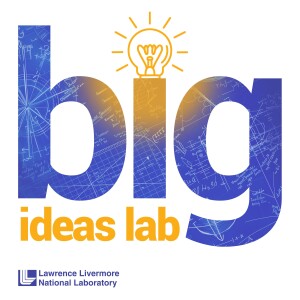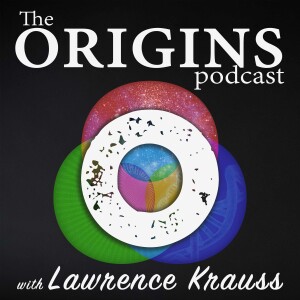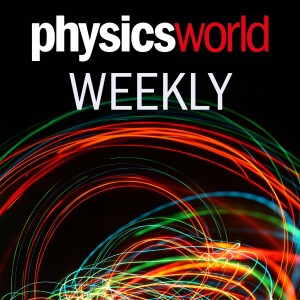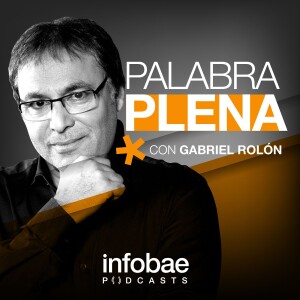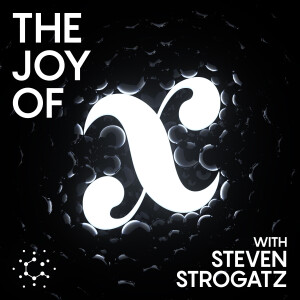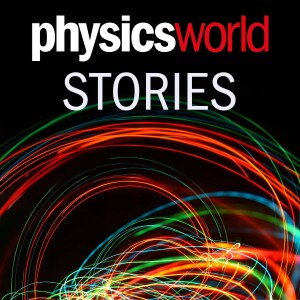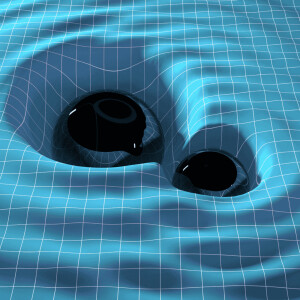

Quarks to Cosmos: Advanced Physics in Everyday Language
https://anchor.fm/s/103fedbf8/podcast/rssEpisode List

Quantum Mechanics: The Quantum Future
Quantum mechanics isn’t just a theoretical playground—it’s changing everything. From the lasers in your phone to MRI scans that save lives, quantum physics powers our modern world. But the real breakthroughs are still ahead. Quantum computing could solve problems no classical computer ever could. Quantum teleportation is already happening in labs. Quantum cryptography could make hacking impossible. And physicists are still trying to merge quantum mechanics with gravity to uncover the deepest mysteries of the universe. What’s next for quantum science? Will we ever fully understand it? Or will it keep surprising us in ways we can’t yet imagine? The quantum revolution is just beginning.

Quantum Mechanics: The Battle of Legends, Bohr vs Einstein
Albert Einstein hated quantum mechanics. He called it "spooky action at a distance" and spent decades trying to prove it was wrong. But Niels Bohr fought back, defending the Copenhagen interpretation, which claimed that quantum reality doesn’t exist until we measure it. The Bohr-Einstein debates were some of the most legendary arguments in science, filled with clever thought experiments, deep philosophy, and a battle over the nature of reality itself. Did Bohr really defeat Einstein? Or was Einstein’s skepticism a clue that quantum mechanics is still incomplete? This episode unpacks the greatest physics debate of all time and the experiments that settled the score.

Quantum Mechanics: Why Precision is Impossible
In the classical world, you can measure where something is and how fast it’s moving with perfect accuracy. But in the quantum world? Not a chance. In 1927, Werner Heisenberg proposed something shocking: the more precisely you measure a particle’s position, the less you can know about its momentum, and vice versa. This wasn’t a limitation of our tools—it was a fundamental property of nature. The Uncertainty Principle shattered the idea of a predictable universe, proving that at the smallest scales, reality is a game of probabilities, not certainties. But what does this mean for free will? Does reality truly exist before we observe it? And did Heisenberg’s discovery kill determinism once and for all?

Quantum Mechanics: The Experiment That Broke Reality
Imagine firing a tiny particle at a barrier with two slits. It should go through one or the other, like a bullet. But in the double-slit experiment, something unbelievable happens. When no one is watching, particles act like waves, interfering with themselves. But the moment we try to observe which slit they go through, the interference pattern vanishes, and they behave like individual particles. It’s as if electrons know they’re being watched. This experiment isn’t just a physics puzzle—it’s a philosophical crisis. Does reality only exist when observed? How can something be in two places at once? And what does this mean for our understanding of the universe? This is the experiment that shattered classical physics and forced scientists to rethink reality itself.

Quantum Mechanics: Bohr’s Atomic Playground
Atoms should be unstable. According to classical physics, electrons should spiral into the nucleus in a fraction of a second. Yet, atoms persist, and the universe exists. How? Danish physicist Niels Bohr had an idea: electrons don’t move freely—they stay in specific energy levels, jumping between them in sudden quantum leaps. His model finally explained why atoms are stable and why elements emit light at specific colors. But Bohr’s atomic model had its flaws—it only worked for hydrogen and still couldn’t explain why electrons don’t just drift between energy levels. This episode takes us through the bold, bizarre, and sometimes flawed ideas that shaped the first quantum atomic model and set the stage for something even weirder.
You may also like
Create Your Podcast In Minutes
- Full-featured podcast site
- Unlimited storage and bandwidth
- Comprehensive podcast stats
- Distribute to Apple Podcasts, Spotify, and more
- Make money with your podcast
